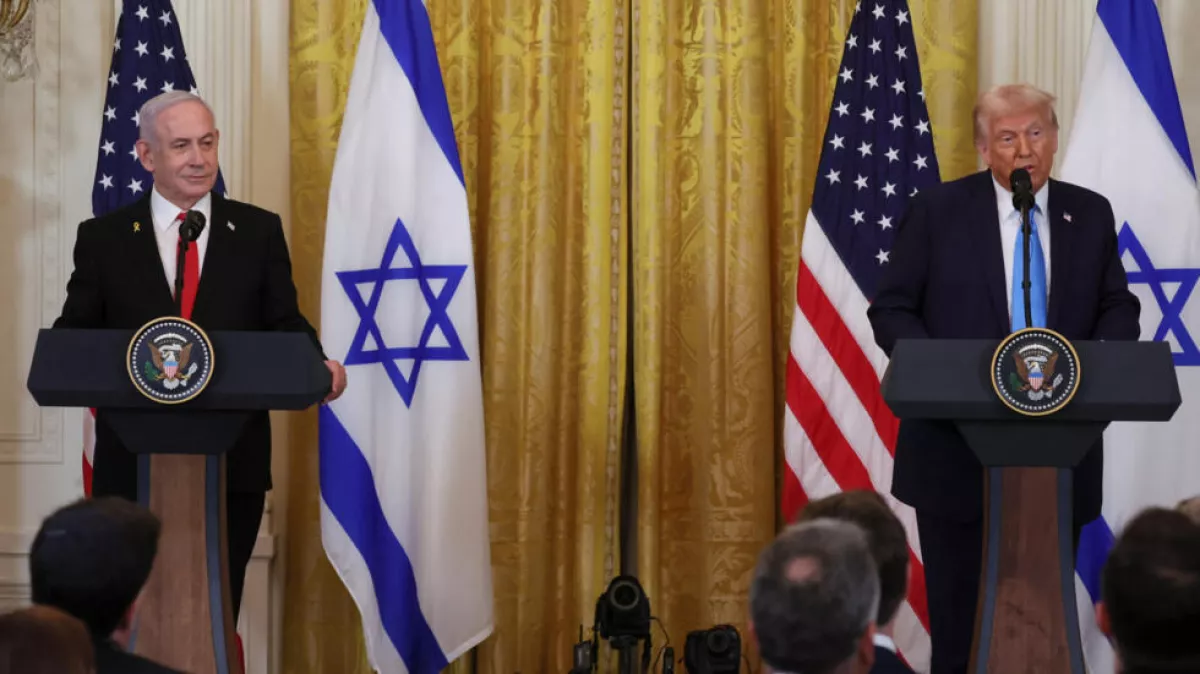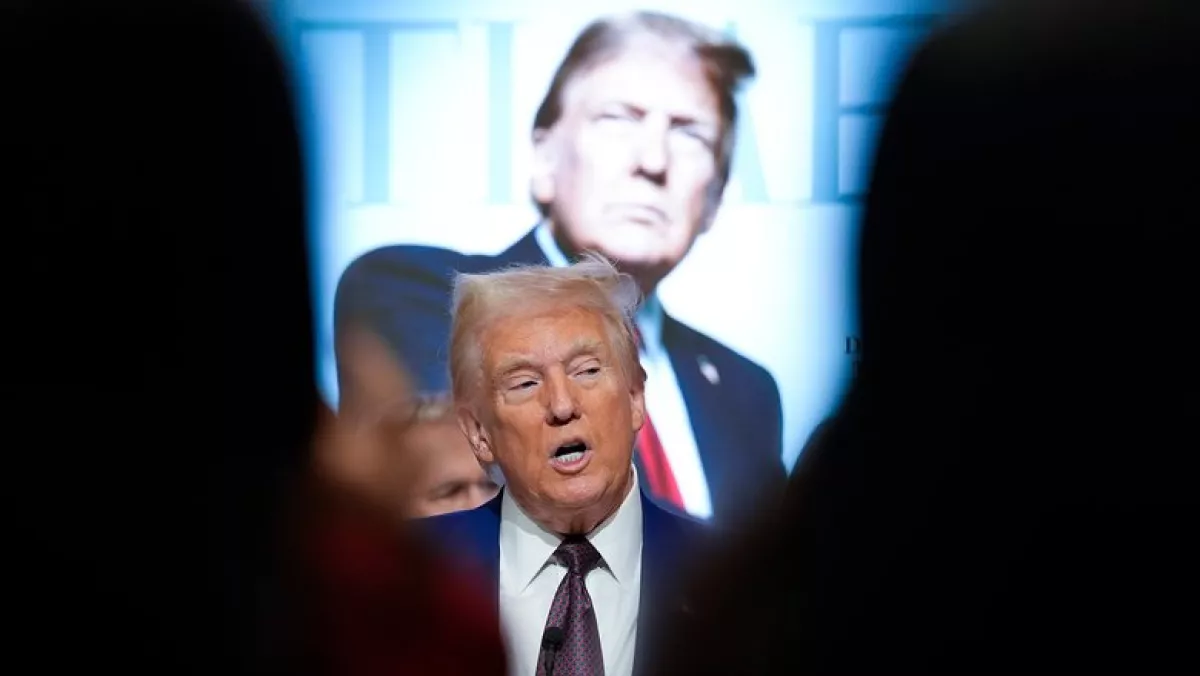Trump, Netanyahu, and Saudi Arabia: A new order or a diplomatic game? Abraham Accords and the Palestinian dilemma
It would be no exaggeration to say that a bombshell was dropped during the joint press conference of U.S. President Donald Trump and Israeli Prime Minister Benjamin Netanyahu on February 4. Trump reiterated his idea of relocating the residents of the Gaza Strip. He added that the U.S. would take responsibility for the area, clear the land, and use it to create a thriving economy. However, by that time, the 1.8 million Palestinians currently living there would have been relocated to other countries. As for Netanyahu, he generally approved of Trump’s plans.
The Israeli publication The Jerusalem Post, citing sources in the U.S., reported that America is negotiating with Morocco and various fragments of the former state of Somalia (Puntland and Somaliland) about accepting Palestinian refugees. The U.S. may persuade them to take in Gaza residents in exchange for diplomatic recognition or economic investments. Previously, Trump had suggested that Egypt and Jordan should accept the Palestinians, but both countries officially rejected the idea.
Many countries, including Saudi Arabia, have expressed their opposition to the U.S. plan. Why is this significant? The key strategic goal of the U.S. in the Middle East is the expansion of the Abraham Accords. Under these agreements, Arab countries establish diplomatic relations with Israel and pursue economic normalization, which also facilitates defence cooperation among the participating states.

In the past, similar agreements were signed by the UAE, Morocco, and Bahrain. However, the wealthiest and arguably most influential Arab nation, Saudi Arabia, has yet to join them. Such a move is possible—and even likely—in the future, as the Saudis are interested in cooperating with Israel, particularly in the military sphere, given their shared regional rivalry with Iran. For the U.S., strengthening ties between the Saudis and Israelis is essential, as it would solidify a reliable coalition of American allies in the Middle East—a coalition Washington could count on.
On the other hand, the Saudi kingdom positions itself as the leader of the Arab and Sunni worlds. This means it cannot ignore the Palestinian issue and has repeatedly affirmed its commitment to the two-state solution—one Arab and one Jewish. Riyadh does not support Trump’s plans. So how, then, is an Israeli-Saudi coalition possible?
Dr. Tomer Persico, a specialist on Israel at the Berkeley Institute for Jewish Law and Israeli Studies, made some intriguing remarks regarding Trump’s intentions. According to Persico, "There are two ways to interpret the bombs Trump dropped at the press conference":
-
The old world order is dead. The United States can do whatever it wants—take control of Greenland, the Panama Canal, and the Gaza Strip. It can relocate 1.8 million people and resettle them elsewhere, turn Gaza into a prime destination for beaches and hotels, maintain stability in Jordan and Egypt, preserve the Abraham Accords, and even push Saudi Arabia into signing a dream peace deal with Israel. Whatever Trump desires, he will get.
-
If you like, you can think of Trump as a capricious bully, but even the biggest bully cannot turn the world upside down. And he knows it. By proposing the relocation of 1.8 million Gaza residents to other countries, Trump is fully aware that this would double the Palestinian refugee problem and threaten the stability of Jordan and Egypt. Both countries are already struggling with severe economic difficulties and strong rebellious sentiments that could trigger a new Arab Spring—so the arrival of nearly two million refugees would only further destabilise the situation. This must not and will not happen. In other words, these plans are not real. Saudi Arabia has already issued a statement insisting that there will be no relations with Israel without the establishment of a Palestinian state and that it will not consent to the relocation of Palestinians. Therefore, Trump’s remarks are meant to shock, to create upheaval. He will soon realise that if he pushes forward with this idea, there will be no progress in negotiations with the Saudis. He will back down, and the Saudis will take pride in having blocked the U.S.-Israeli plan. In response, Washington and Tel Aviv will offer vague assurances about progress toward a Palestinian state, and normalisation will proceed as planned—eventually, Saudi Arabia will join the Abraham Accords.

The second scenario seems the most likely. The fact is that Trump has acted similarly in the past—during his previous presidency (2017–2021)—when he needed to persuade another influential Gulf state, the UAE, to join the Abraham Accords and recognise Israel. The Emirates had arguments both for and against the agreement, much like Saudi Arabia does now.
At the time, Trump put forward a proposal for resolving the Israeli-Palestinian conflict that was heavily pro-Israel. The UAE expressed its dissatisfaction. Then, supposedly yielding to their pressure, Trump withdrew his proposals in exchange for the normalisation of relations between Israel and the UAE. In practice, this manoeuvre was designed to give the Emirates a form of alibi in the eyes of the Arab world—allowing them to claim that they had secured concessions for the Palestinians before agreeing to normalisation with Israel.
Trump essentially sells air—putting forward unrealistic plans only to retract them later as a concession to negotiating partners.
The Trump-Netanyahu press conference may be another clever diplomatic move along the same lines—or it may not. We will find out soon enough.








